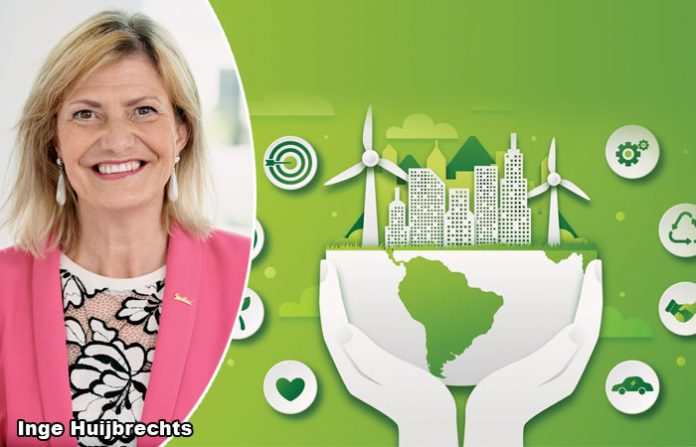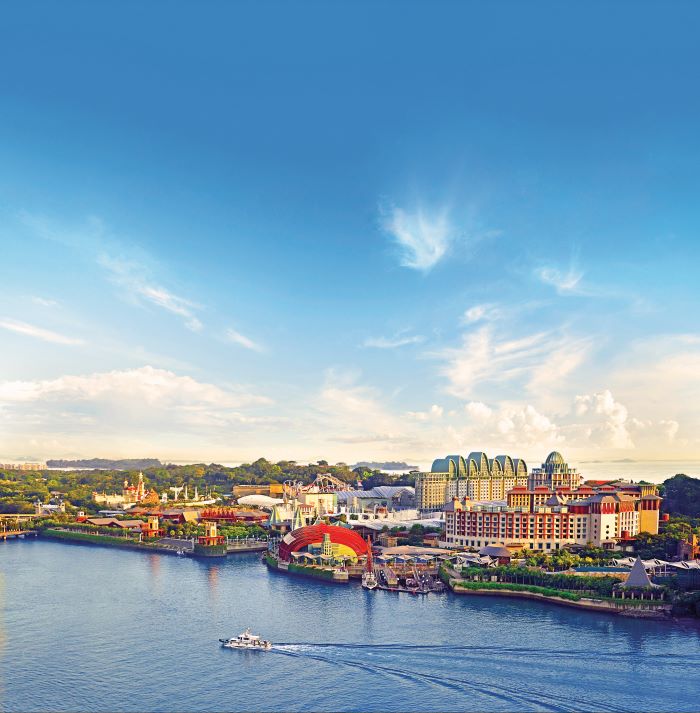Hotels across globe are embracing sustainable best practices such as embracing renewable building resources, going plastic free, among others to reduce their environmental impact, avers Inge Huijbrechts.
The world has sprung back into action following COVID, with a renewed enthusiasm and determination to make up for the lost time. The travel and tourism industry, as one of the most important industries to lead the rebound wave, has embraced new and emerging trends due to massive shift in consumer needs over the past few years. The concept of travel has evolved as the world recognizes the importance of conservation and travelers are now looking for authentic, mindful experiences that benefit the earth. According to Expedia’s 2022 survey, 90 per cent of travelers worldwide prefer to see sustainable options when booking a trip. This tendency was even stronger in APAC, where 95 per cent of travelers expressed interest in sustainable travel options.
Addressing climate change
The last seven years have been the warmest on record and the number of natural disasters has doubled in the last 30 years, giving rise to increased physical and geopolitical risk. Climate change and global warming rates are only rising. As global warming accelerates, tipping points in the climate system are inevitable. As a result, failing to act to limit global warming and mitigate the effects of climate change can have catastrophic repercussions.
Mitigation means going beyond just preparing for the impact of climate change to also being part of a permanent solution. However, people not familiar with sustainability, often ask: what is the cost of sustainability? Asking for the cost of sustainability is the wrong approach— the cost of inaction is what we will be dealing with at large if this continues.
Persistent actions required
While the tourism industry was inclined towards sustainability even before COVID, efforts have only intensified in recent times. Sustainability has allowed businesses the chance and freedom to bring in innovations and disruptions.
For hotel owners and investors, unsustainable assets are also a huge risk of depreciation in value as increasing numbers of investors are realizing that properties compliant with their ESG targets add value to their credibility and extend the lifecycle of their assets.
Even consumers and employees consider sustainability to be an important characteristic when associating with a brand. Travelers, especially Gen Z, will avoid your brand if you do not prioritize environmental sustainability. This is true for nearly all global markets, but even more prominent in India.
Employees also only want to work for companies with a purpose. In the current labor market, companies that are not engaged in environmental and social sustainability will find it even harder to attract and retain talent.
Targeting net zero attainment
At Radisson Hotel Group, we are committed to being net zero by 2050 and have published validated science-based targets. We have also defined a renewable energy strategy for 25 key markets. Now in times of rising utility costs, any action on efficient resource use has an even better return on investment.
For businesses, the move to net zero requires action on several focus areas:
- An increased use of renewable energy produced onsite or offsite or purchased from providers.
- Green buildings having benchmarks such as LEED, BREEAM, EDGE, or similar guidelines.
- Operational efficiency, achieved by smart habits in hotel operations.
Additionally, communication with guests requires clarity, consistency, and continuous progress which is why the World Travel & Tourism Council, together with Radisson Hotel Group, 70 hotel companies, HAI, and several destinations launched Hotel Sustainability Basics (HSB) a solid, clear, industry standard for hotel sustainability. HSB contains 12 criteria focused on efficient resource use, planet, and people with progress built into the framework.
Embracing sustainable travel
Sustainable actions require an evaluation and deliberate planning. While approaches can vary, the duty falls squarely on all stakeholders’ shoulders. Sustainable travel is more than a 21st-century phrase, with consumers seeking actual actions from businesses that illustrate their commitment. With shifting demand patterns, we must work together to provide positive, measurable initiatives toward net zero, biodiversity conservation, and an equitable world. The more we as an industry push for responsible travel, the clearer the case for sustainability becomes, and the greater the impact we create. The maximum positive impact on sustainability can only be achieved if we tackle challenges collectively and the tourism industry is well-poised to take the lead in initiating this cycle.









